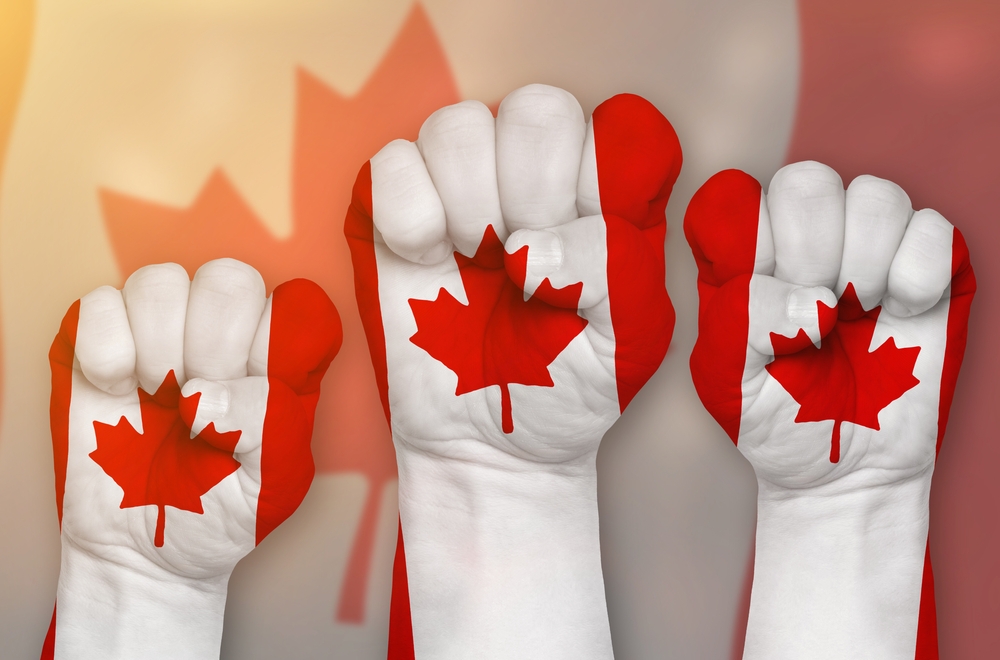From its expertise in sustainable resource management to its thriving technology sector and fair governance model, Canada’s strengths extend far beyond its borders. The global community stands to benefit from Canada’s example of steady progress, environmental stewardship, and inclusive growth. Here are 23 things the world needs from Canada right now.
A Working Model of Multiculturalism

Few nations integrate diversity as successfully as Canada. The country has created a functioning model where multiculturalism isn’t a slogan but an active framework. Policies promote equal participation, cultural preservation, and representation in governance. Major cities like Toronto and Vancouver reflect this through inclusive institutions and multilingual communities. In a time of polarization, this approach helps societies worldwide envision unity without erasure. Canada’s cultural mosaic has shown that immigrants can thrive while retaining their identities, and that social cohesion is built through understanding, not assimilation. Many countries struggling with migration could learn from this peaceful coexistence model.
Responsible Resource Management
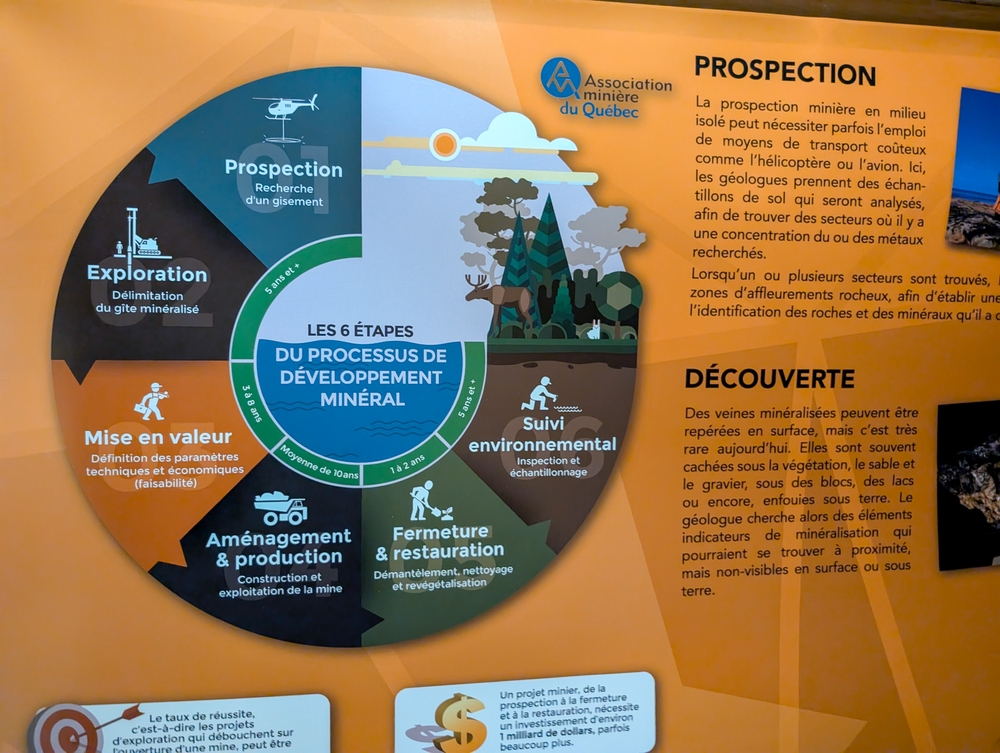
While blessed with abundant natural resources, Canada stands apart for balancing extraction with sustainability. Its approach to forestry, mining, and fisheries emphasizes regulation and long-term planning over unchecked exploitation. The world urgently needs this kind of moderation, especially as climate pressures intensify. Canada’s carbon pricing systems, biodiversity protections, and indigenous co-management models demonstrate how economic growth can coexist with environmental responsibility. The emphasis on renewable energy integration and waste reduction proves that prosperity doesn’t require ecological compromise. Other nations, particularly those still dependent on fossil fuels, could adapt this measured, eco-conscious framework to safeguard global ecosystems.
Transparent Governance Systems

Governance marked by accountability and trust has become a rarity. Canada’s system, grounded in the rule of law and accessible institutions, continues to inspire confidence among citizens. Open data policies, ethical standards for public officials, and clear judicial independence create a foundation that resists corruption. Many nations can benefit from understanding how trust in public institutions strengthens democracy and reduces social unrest. The Canadian model of citizen involvement through local governance and community consultation also encourages collective decision-making. In a global landscape riddled with misinformation and political opacity, Canada’s emphasis on transparency offers a valuable governance blueprint.
Healthcare That Prioritizes Equity

Universal healthcare remains one of Canada’s most defining contributions to modern governance. While not perfect, it ensures access to medical care regardless of income or employment. The system’s focus on prevention and affordability has improved life expectancy and reduced inequality. As healthcare becomes increasingly commercialized elsewhere, this model offers a humane counterpoint. It shows that comprehensive care can coexist with fiscal responsibility. Global health systems strained by privatization could adopt Canada’s patient-first principles, emphasizing efficiency, transparency, and compassion. The pandemic reinforced the importance of equitable care, making this one of Canada’s most exportable ideas.
Indigenous Reconciliation Efforts

Few global issues carry as much moral weight as indigenous rights. Canada’s ongoing reconciliation process, though imperfect, sets an example for nations with colonial histories. The Truth and Reconciliation Commission, land acknowledgment practices, and community-led development initiatives show a willingness to confront the past while building a shared future. The approach prioritizes listening, education, and structural reform rather than token gestures. Countries from Australia to the United States can learn from these efforts to integrate indigenous voices into policy-making. Canada’s framework proves that reconciliation is a continuous, living process, one essential to true national healing.
Peacekeeping and Mediation Expertise

The world continues to associate Canada with peacekeeping, a reputation earned through decades of international service. From Cyprus to Rwanda, Canadian forces have mediated conflict zones with impartiality and professionalism. The country’s diplomatic culture emphasizes dialogue over dominance, helping de-escalate tensions without fueling further violence. At a time when global powers often rely on coercion, this patient, negotiation-based model is needed more than ever. Beyond the military, Canada’s peacebuilding organizations work in community rebuilding, human rights training, and disarmament initiatives. This steady, principle-driven diplomacy remains a global necessity in a fractured geopolitical climate.
Climate Change Leadership

Environmental crises demand pragmatic leadership, not slogans. Canada’s investments in green technology, carbon neutrality commitments, and clean energy research make it a valuable contributor to the global climate fight. The country’s hydroelectric capacity, EV adoption programs, and waste reduction frameworks demonstrate action-oriented climate policy. While its oil sector presents contradictions, the overall momentum toward sustainability offers lessons for transitioning economies. Canada’s research institutions, from the University of British Columbia to McGill, continue to drive innovations in carbon capture and sustainable design. The world needs this blend of scientific rigor and public accountability to tackle global warming effectively.
Innovation Through Education

Canada’s education system consistently ranks among the world’s best, emphasizing inclusivity, research, and critical thinking. Unlike many systems focused on rote learning, it fosters creativity and interdisciplinary problem-solving. Its public universities attract international students who often stay to contribute to local economies and global research. The emphasis on education as a right rather than a privilege ensures accessibility and long-term innovation. In developing regions, adopting this model could unlock untapped potential among youth populations. The success of Canadian educational exports, like online learning platforms and joint academic programs, highlights the system’s global relevance.
A Balanced Immigration Policy
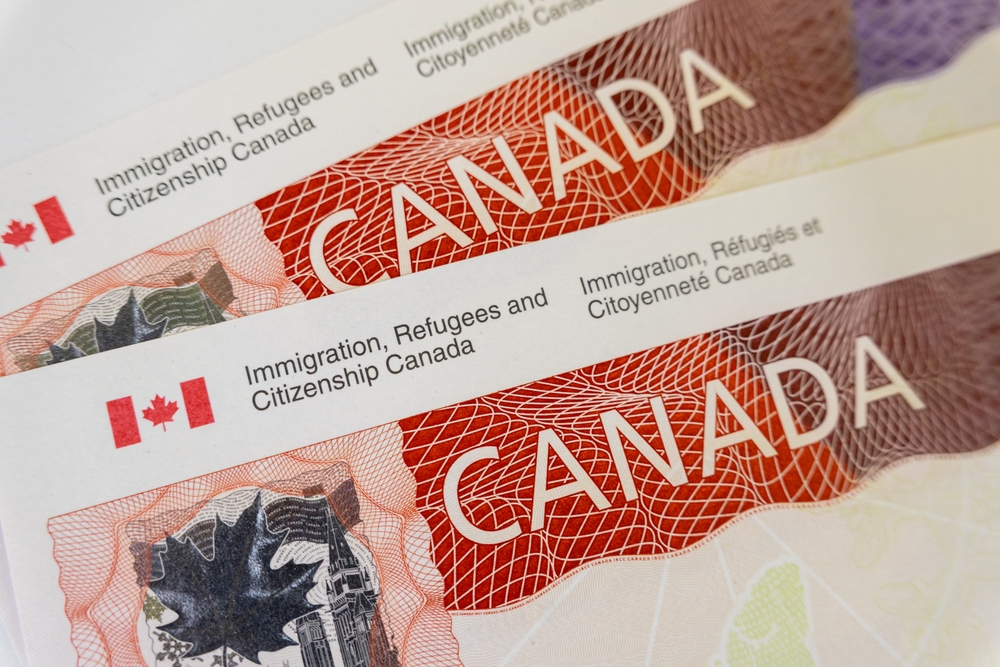
Immigration has become one of the world’s most divisive topics, yet Canada continues to treat it as an economic and cultural asset. The country’s points-based system rewards skill and adaptability while ensuring integration support. Programs for refugees and family reunification reinforce a humanitarian ethos. Other nations struggling with demographic decline or anti-immigrant sentiment could study this pragmatic balance between compassion and economic planning. The model allows for managed diversity, one that strengthens the workforce while maintaining social stability. As aging populations rise globally, Canada’s structured approach to migration will only grow more valuable.
Strong Commitment to Media Freedom

A healthy democracy depends on free and responsible journalism. Canada ranks high in global press freedom indices, ensuring that the media operates without government intimidation. The balance between regulation and independence has allowed diverse voices to flourish while maintaining factual integrity. Public broadcasters like CBC still prioritize educational and cultural programming over sensationalism. The world can learn from this coexistence of transparency, accountability, and freedom. In countries where misinformation fuels division, Canada’s framework for ethical journalism and digital literacy provides a model for rebuilding public trust in the media.
Ethical Use of Artificial Intelligence

As technology accelerates, ethical oversight has lagged. Canada has emerged as a global leader in responsible AI research, housing institutions like Mila and the Vector Institute. These centers prioritize transparency, inclusivity, and fairness in algorithm design. Government guidelines on AI use also stress human oversight and privacy protection. Other nations could benefit from this balance of innovation and regulation, ensuring technology serves humanity rather than exploits it. Canada’s AI policies aim to prevent bias and protect data, proving that progress doesn’t have to come at the cost of ethics. This example is crucial in shaping global tech governance.
Clean Energy Expertise

The shift toward renewable energy requires both technological expertise and political will, areas where Canada excels. The country’s advancements in hydroelectric power, wind, and emerging hydrogen technology position it as a key player in global decarbonization. By combining public investment with private innovation, Canada has built a resilient clean energy sector. Countries dependent on coal or oil could look to these strategies for transitioning to low-carbon economies. Moreover, the integration of indigenous and rural communities in clean energy projects showcases how equitable transitions can be achieved without marginalizing local populations.
A Stable Financial System
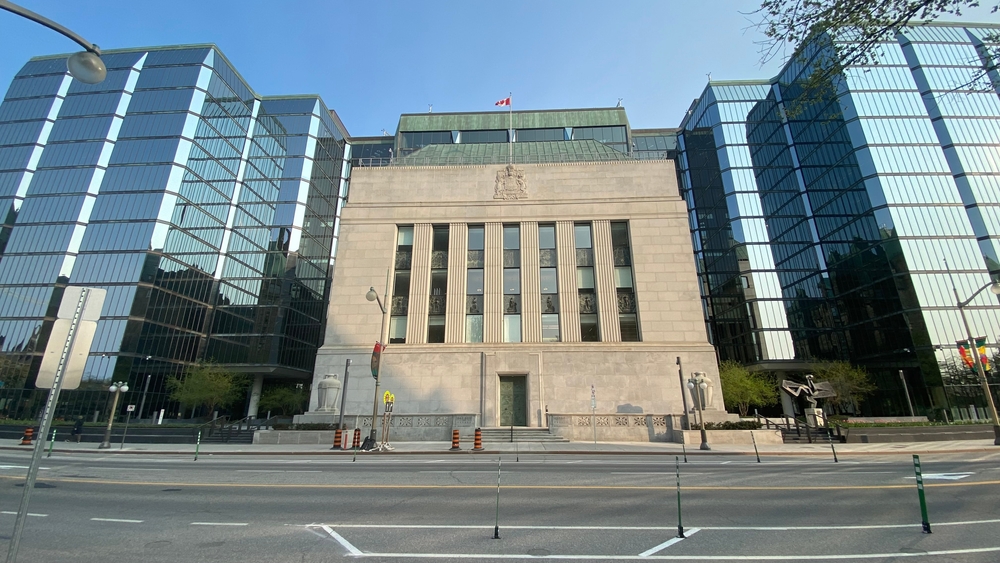
Economic volatility remains a global concern, yet Canada’s financial institutions have demonstrated remarkable stability. The 2008 global recession highlighted the effectiveness of the nation’s strict banking regulations, conservative lending practices, and independent oversight. The system avoided the collapses that plagued other economies. This cautious but confident model can guide emerging economies seeking to stabilize their financial sectors. Canada’s credit unions, cooperative banking systems, and fintech regulations reflect a thoughtful balance between innovation and risk management. At a time of global uncertainty, the world could use more of this fiscal prudence.
Commitment to Humanitarian Relief
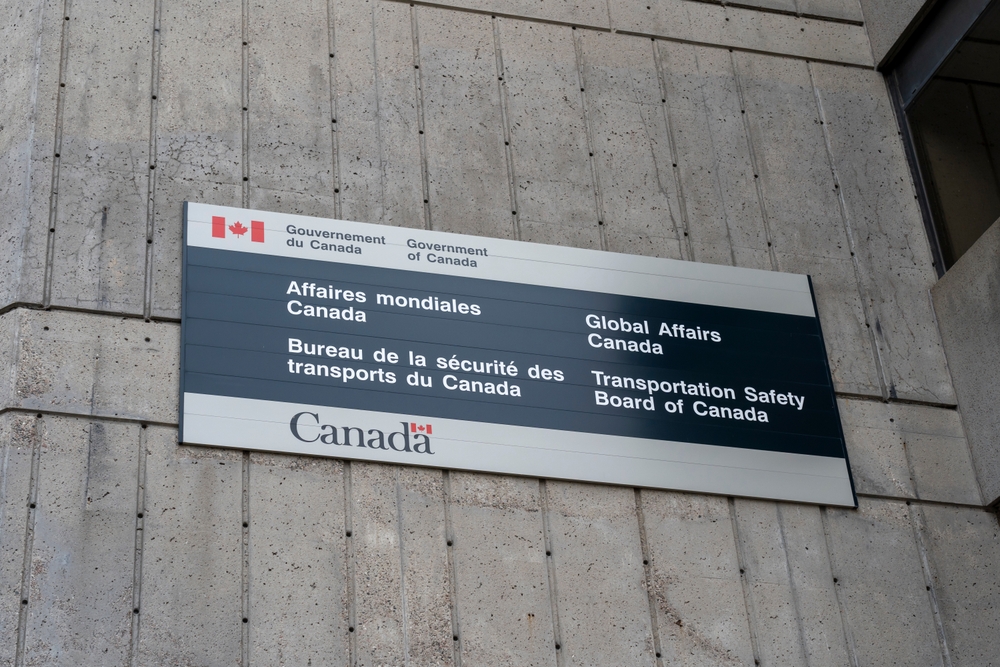
Beyond peacekeeping, Canada has earned recognition for its humanitarian efforts worldwide. From supporting disaster relief to funding refugee resettlement, it consistently prioritizes compassion in foreign policy. Agencies like Global Affairs Canada and organizations such as the Canadian Red Cross partner to deliver aid efficiently and respectfully. The world benefits from this blend of logistics, empathy, and transparency. In an era where humanitarian assistance is often politicized, Canada’s steady, impartial approach helps restore trust in global aid mechanisms. This moral consistency underscores the nation’s broader philosophy of responsibility beyond borders.
Water Conservation and Management
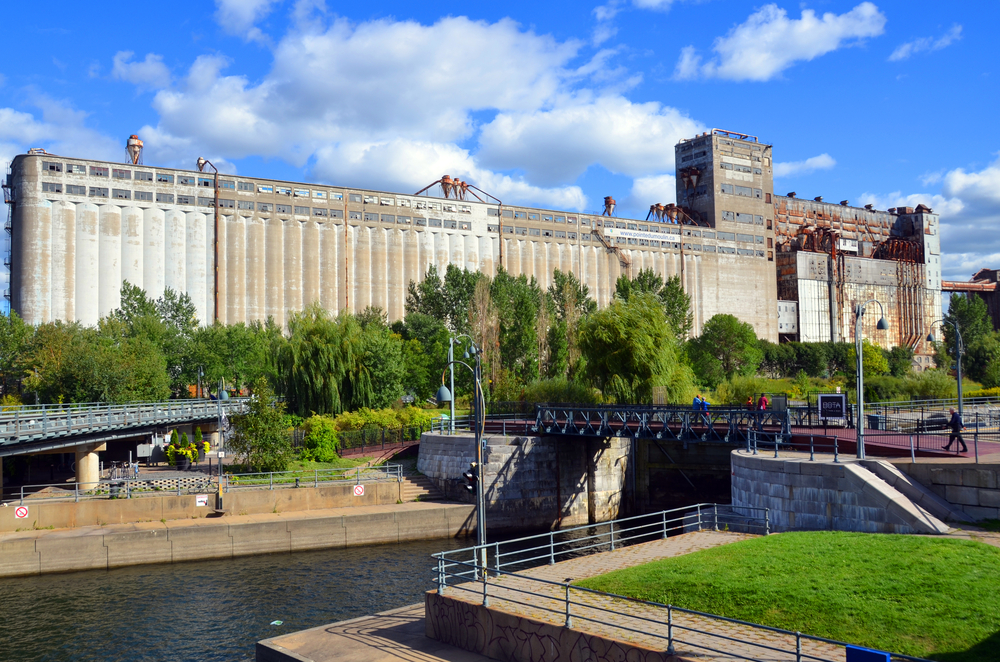
With some of the world’s largest freshwater reserves, Canada plays a crucial role in water research and conservation. Its policies on sustainable water use, pollution control, and watershed management serve as global benchmarks. Research initiatives like the Global Water Futures program develop solutions for drought resilience and water security, issues increasingly vital worldwide. Other nations facing water scarcity could adapt these models for equitable resource sharing and long-term preservation. Canada’s focus on community participation in water governance ensures that policy translates into everyday sustainability.
Leadership in Arctic Research
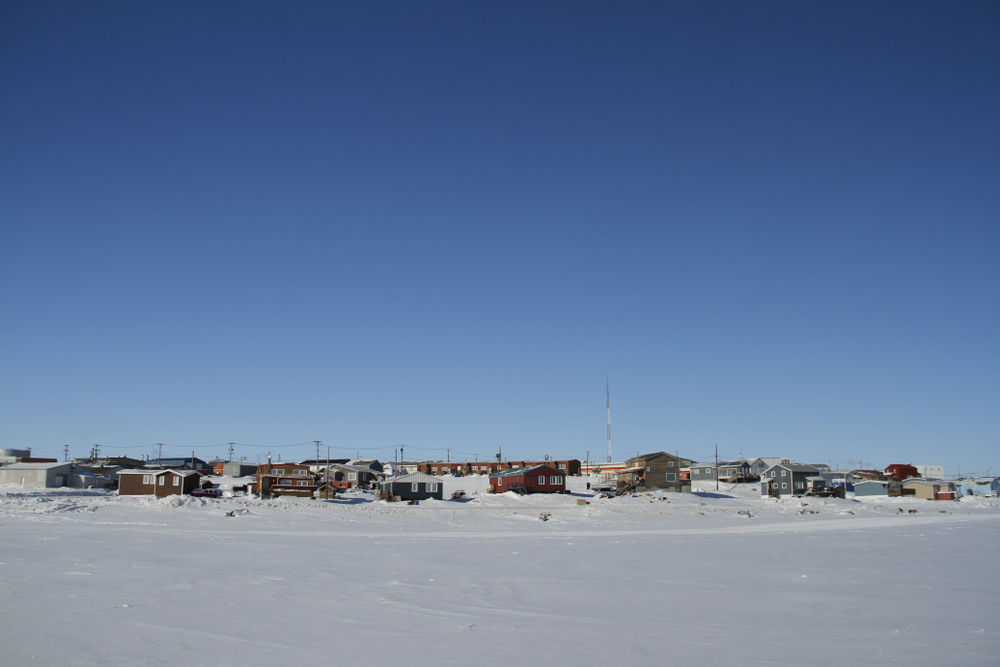
The Arctic is rapidly becoming the frontline of climate change, and Canada’s expertise in polar research is indispensable. Institutions like the Canadian High Arctic Research Station study permafrost degradation, wildlife adaptation, and ecosystem changes. This knowledge informs global climate models and international policies. The Arctic’s transformation affects global weather, shipping routes, and biodiversity, making Canada’s research a shared global interest. Collaborative efforts with Indigenous communities ensure that traditional knowledge complements scientific data. Other countries benefit from this integrative approach, which respects both environment and heritage while advancing global understanding of climate change.
Cultural Exports with Substance

Canadian music, film, and literature carry a quiet but meaningful influence. From Margaret Atwood’s social commentaries to Drake’s global sound, creative exports blend cultural authenticity with universal appeal. The world benefits from this mix of talent and restraint, reminding audiences that storytelling can entertain without excess. Canadian art promotes social awareness, inclusivity, and thoughtful engagement. Internationally, it balances the loudness of commercial media with sincerity. As cultural homogenization grows, these exports provide much-needed variety and intellectual depth, proof that soft power can shape perceptions as effectively as politics.
Leadership in Mental Health Awareness

In recent years, Canada has made significant strides in destigmatizing mental health. National campaigns, workplace programs, and healthcare integration have made emotional well-being a public priority. This stands in contrast to many countries that still treat mental health as secondary to physical health. The world needs this open, structured conversation, one that normalizes help-seeking and community care. Initiatives like Bell Let’s Talk have inspired similar movements abroad. By combining government policy, private sponsorship, and education, Canada has built a model for compassionate, holistic healthcare that addresses both mind and body.
Expertise in Urban Sustainability

Canadian cities have become laboratories for sustainable living. Vancouver’s green building standards, Montreal’s public transit integration, and Toronto’s waste reduction targets show urban policy in action. These cities prioritize livability alongside growth, offering practical examples for global urban planners. The success lies in cross-sector collaboration, where governments, citizens, and businesses align to meet climate and social goals. Nations grappling with urban sprawl or pollution can draw lessons from this integrated, community-driven urban planning model. It’s a vision of growth that doesn’t sacrifice quality of life for economic gain.
Agricultural Innovation

Modern agriculture faces soil depletion, water scarcity, and population pressure. Canadian researchers and farmers have tackled these challenges with precision farming, genetic crop optimization, and sustainable irrigation methods. The emphasis on science-backed production ensures food security without environmental damage. Programs promoting indigenous and small-scale farming diversify supply chains while preserving local knowledge. In a world threatened by hunger and unstable food systems, these methods can be adapted globally. Canada’s agricultural success rests on innovation guided by conscience, a combination every nation needs to secure its food future.
Fair Trade and Ethical Supply Chains

Canadian businesses increasingly integrate ethical sourcing and fair trade into operations. Whether in coffee imports, apparel, or mining, the emphasis is on transparency and accountability. Government guidelines encourage corporations to meet social and environmental standards abroad. This practice helps mitigate exploitation in developing countries and improves global labor rights. Other nations can learn from how Canada aligns corporate success with ethical responsibility. Consumers are also empowered through clear labeling and awareness campaigns, reinforcing the principle that ethical trade isn’t optional but essential in a connected world.
Stable Refuge for Global Talent

Amid rising global instability, professionals and researchers continue to view Canada as a reliable refuge. Immigration pathways for skilled workers, scientists, and entrepreneurs ensure the nation attracts talent from diverse backgrounds. The world benefits indirectly, as many global innovations come from collaborations begun in Canada. This openness contrasts with restrictive immigration policies elsewhere. By creating an environment of stability and opportunity, Canada strengthens the global innovation ecosystem. Its talent-friendly policies demonstrate how welcoming skilled individuals can serve both national and international progress simultaneously.
A Consistent Voice for Global Cooperation

In an increasingly fragmented world, Canada remains a voice of moderation and consensus. Through institutions like the UN, NATO, and the G7, it consistently advocates for dialogue, equity, and long-term solutions over populism or isolationism. This diplomatic restraint is essential for stabilizing global relations. The nation’s credibility stems from consistent policy rather than loud posturing. At a time when multilateralism is under threat, the world needs countries willing to cooperate rather than compete. Canada’s diplomatic ethos exemplifies how steady engagement builds peace, trust, and shared progress internationally.
21 Products Canadians Should Stockpile Before Tariffs Hit

If trade tensions escalate between Canada and the U.S., everyday essentials can suddenly disappear or skyrocket in price. Products like pantry basics and tech must-haves that depend on are deeply tied to cross-border supply chains and are likely to face various kinds of disruptions
21 Products Canadians Should Stockpile Before Tariffs Hit
